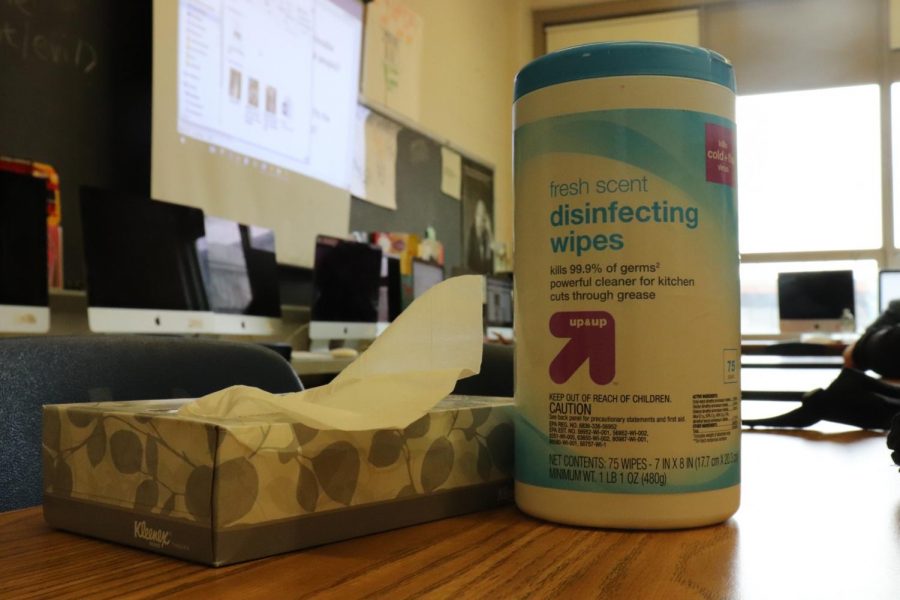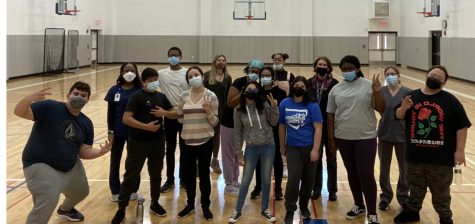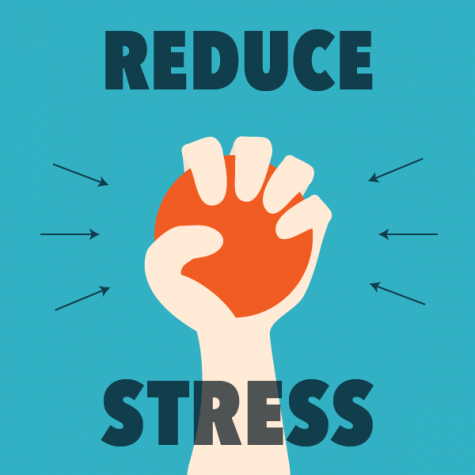How to Stay Protected During Cold and Flu Season
The time of coughing, sneezing, and runny noses is back. Cold and flu season is here again, and people are wondering how they can protect themselves.
The time of coughing, sneezing, and runny noses is back. Cold and flu season is here again, and people are wondering how they can protect themselves.
A cold can be caused by various viruses, such as rhinoviruses, which are the most common. Other cold-causing viruses include respiratory syncytial virus, human parainfluenza virus, and adenovirus.
The common cold affects millions of people each year. It is one of the main reasons that adults miss work and children miss school. Adults have an average of two to three colds per year, while children are susceptible to more.
“Eating better and sleeping better, and also by not shaking people’s hands, [are ways] to prevent germs from spreading,” said senior Micheal Afful, who is also a certified nursing assistant.
Afful also mentioned that leukocytes, also known as white blood cells, are fighting off infections in your body. By getting proper rest, you’re allowing your body to recoup and gain energy to help your white blood cells fight.
A lot of individuals do not get a full night’s rest. The recommended amount of sleep is between 8 to 10 hours a night. If you do not get enough rest, the immune system starts to weaken, which makes the body prone to the common cold.
“Most people get colds in the winter and spring, but it is possible to get a cold any time of the year,” stated the Centers for Disease Control in a 2018 press release.
Although cold prevention is critical in the winter, it’s important to practice good hygiene year round.
“Researchers found a typical hand washing removed between 46-60% of germs,” according to Sabrina Stierwalt, with the website, Quick and Dirty Tips.
The number one way of preventing colds is by washing your hands. By using soap, warm water, and twenty seconds of friction, you are killing the germs that reside on your hands.
The average individual should be washing their hands up to seven times a day. It’s important to wash your hands after school, after work, before and after eating, and after using the bathroom.
Senior Kassandra Marron said she sees a lot of unsanitary habits.
“They touch the same stuff and don’t wash their hands,” Marron said. “They need to wash their hands before they touch stuff.”
Along with hand washing, touching other commonly used objects, such as tablets, doorknobs, or toilet handles, should be avoided. If using one of these objects is necessary, be sure to sanitize it using a disinfectant wipe or bleach.
“Cover your nose and mouth with a tissue when you cough or sneeze and wash your hands often with soap and water. Avoid touching your eyes, nose and mouth as germs spread this way. Clean and disinfect surfaces and objects that may be contaminated with germs like flu,” stated the Center for Disease Control in a January 2019 press release.
Your donation will support the student journalists of West Haven High School. Your contribution will allow us to purchase equipment and help us take educational field trips.






